Fifteen minutes by rail from Paddington, Southall is a ‘Little India’ in the borough of Ealing. An ornate Hindu temple there, the Shree Ram, is set back from the beep and brake of traffic on King Street. When I visited, a pooja (prayer meeting) was underway. Incense fumes — a sweet suffocating presence — wafted round statuettes of the blue-skinned Krishna. The priest was surprised to see me: ‘You are coming from — ?’ ‘Paddington.’ ‘But you don’t look particularly Indian.’ ‘I’m not Indian.’ (With his sandalwood caste-mark and Nehru shirt, the priest himself was of Gujarati origin.)
Racially diverse, Southall is distinctly out-at-elbow and peeling paint, but bustling all the same. Saffron-coloured sweetmeats and sweet jalebi spill from the Punjabi stalls off Orchard Avenue (where Blair Peach was killed by the police in 1979.) In the back of Somali supermarkets, bearded men chew on narcotic khat leaves leavened with sticks of Juicy Fruit to take the edge off the bitterness. The men have a glazed, contented look.
At a certain point, Southall intersects with the Paddington arm of the Grand Union Canal, where aircraft coming in to land at Heathrow disturb the khat-green waters. From a canalside pub there called the Hambrough Tavern you can watch the swans peck at bits of naan bread. The Hambrough used to be a skinhead ‘Oi!’ music venue; it was burned down in the 1981 Southall race riot and rebuilt.
Lilian Pizzichini, the writer and journalist, lived on this stretch of water in a leaking houseboat in 2007. Music Night at the Apollo is her account of that year in Southall, when she was emotionally adrift on the Grand Union and, it seems, strung out on quantities of khat, heroin and alcohol combined. As Jean Rhys’s biographer, she remains a writer of depth and distinction. Her new book reads like a hybrid of Alexander Trocchi’s 1965 drugs-on-a-barge novel Cain’s Book and the Victorian social commentary of Henry Mayhew.
All Southall is in Pizzichini’s bitter-sweet pages, from the gold-domed Gudwara Guru (the largest Sikh temple in Europe) to the lovely 16th-century Tudor manor house on the green. When not teaching prisoners at HMP Chelmsford, she spends much of her time in the Brickmakers’ Arms, a pub which has never existed in Southall (perhaps it’s the Hambrough artfully disguised). Round the pub’s pool table she hangs out with an assortment of gangland cuties, among them Bulgarian prostitutes and turbaned boozers fallen foul of Sikhism.
Jaded with her life as a book reviewer and Literary Review assistant, Pizzichini immerses herself in this Southall underworld, hoping in her mid-forties to attain some sort of Jean Rhys-like spiritual renovation through vodka. It never comes. Recklessly, she hooks up with a former burglar called Pete, who knows a thing or two about the Punjabi rival gangs Tooty Nungs and Holy Smokes. Southall, in Pizzichini’s atmospheric account, is a violent edgelands brightened by pockets of beauty (‘tinted Titian blue like the robe of a virgin was the gasometer’). She has an eye for urban idyllic wastelands.
Her celebrated memoir of her Italian conman grandfather, Dead Men’s Wages, is a model for this book, which delves into working-class family roots. Pizzichini’s great-aunt Dolly turns out to have lived off Southall Broadway during the last war; she worked as a waitress in the Lyons Corner House in far-distant Piccadilly. Deftly, Pizzichini weaves personal history with social reportage to create an exquisitely written chronicle of narcotically-induced mischief and madness. I hope she is off the Pernod & Black by now and will try her hand at writing noirish detective fiction. A good murder mystery would speak to the darkness so evident in her.
Got something to add? Join the discussion and comment below.
Get 10 issues for just $10
Subscribe to The Spectator Australia today for the next 10 magazine issues, plus full online access, for just $10.
Available from the Spectator Bookshop, £14.99. Tel: 08430 600033
You might disagree with half of it, but you’ll enjoy reading all of it. Try your first month for free, then just $2 a week for the remainder of your first year.

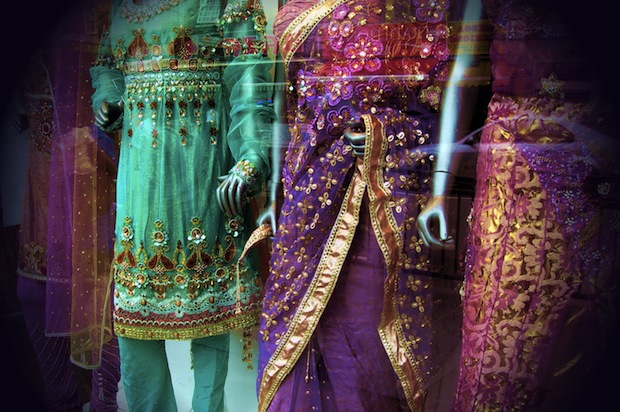
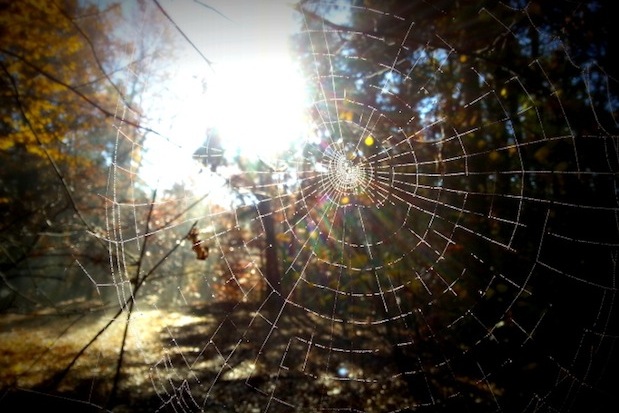
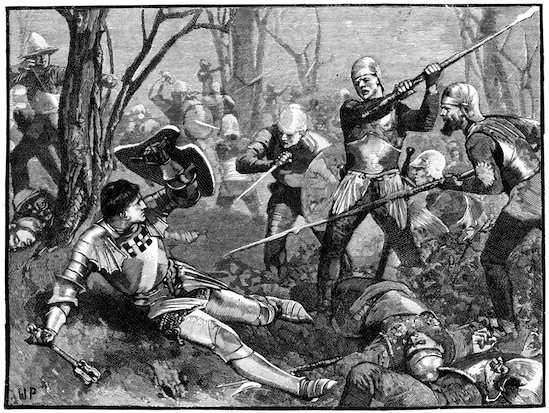
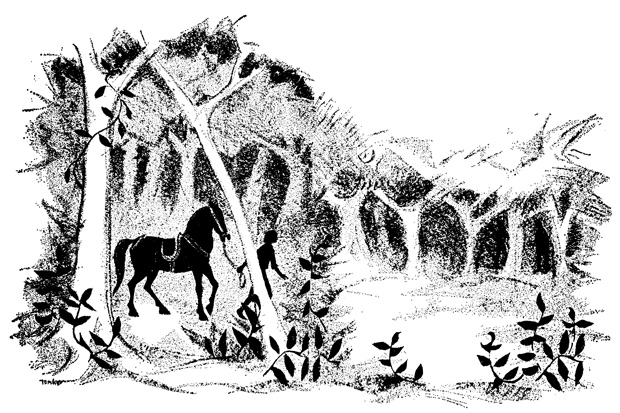
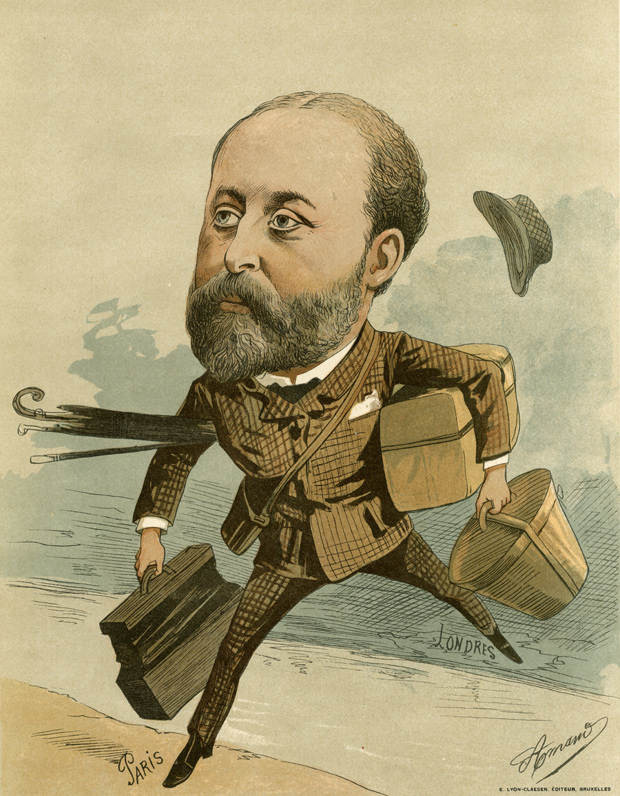
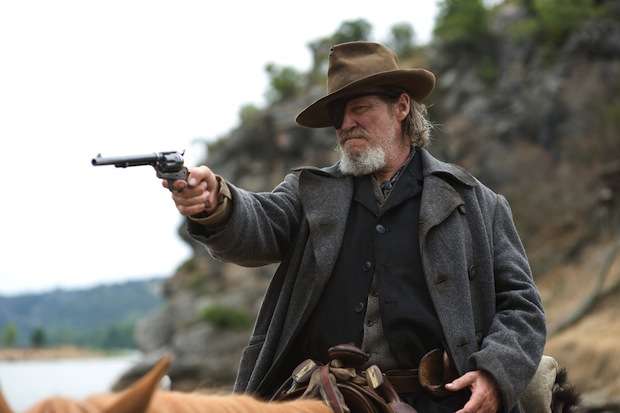
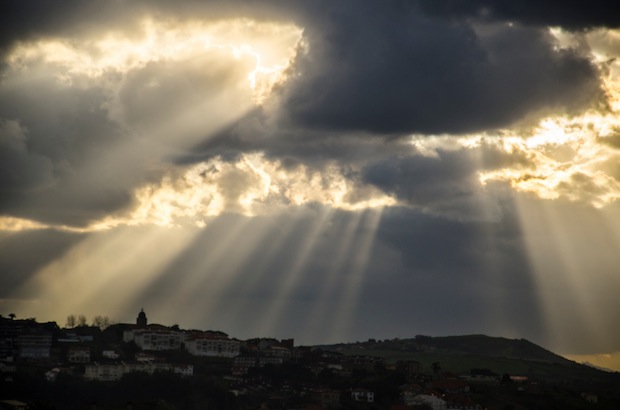






Comments
Don't miss out
Join the conversation with other Spectator Australia readers. Subscribe to leave a comment.
SUBSCRIBEAlready a subscriber? Log in